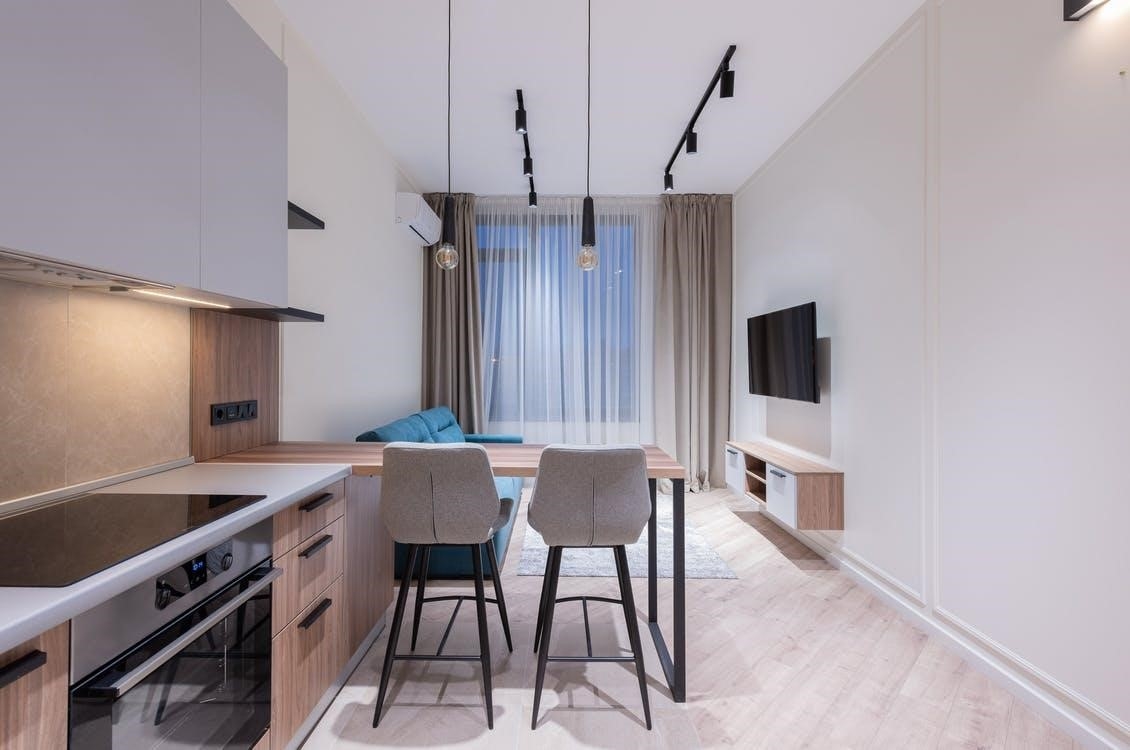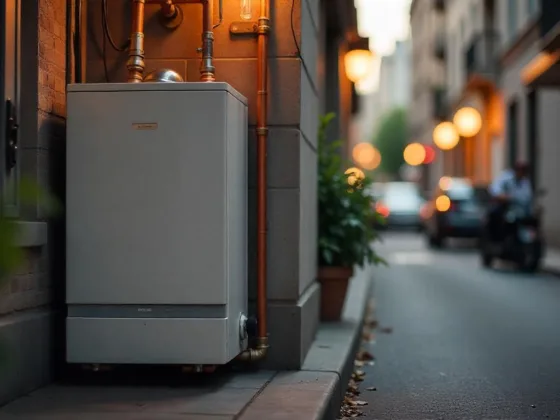Table of Contents Show
If you are considering purchasing an air conditioning unit, it is an excellent idea because it can help you feel better, sleep better, and improve your overall health.
However, choosing the right AC unit can be tricky. A simple Google search on “the best AC unit” will return thousands of hits, and perhaps confuse you even further.
But not to worry. We are going to walk you through the key things you should know before deciding on an AC unit for your home.

1. Cooling Capacity
The cooling capacity also refers to the tonnage of the AC. Getting an AC with the perfect tonnage depends on the size of the room or home you will be cooling. You might think the bigger the better, but this is not always the case.
Interestingly, an air conditioner that is too big for the area will perform less efficiently than a smaller one would.
For room air conditioners, they have cooling degrees from 0.5 tons (5,500 Btu) to 1 ton (14,000 Btu). For a much larger space or an entire home, a 1.5-ton AC will do just fine.
2. Installations
Proper installations are critical after you have purchased your air conditioner.
First, you must hire a professional company like Morris Jenkins. Such companies have experts who ensure that every component of the unit is working correctly.
Second, the unit must be positioned appropriately for optimal airflow. For example, it is essential to place the AC to the left or right of the bedroom, rather than right above the bed.
Finally, the performance index of your AC depends on how well the installation of the air conditioner is done.
Read Also:
3. Speed and Noise
The speed of the AC is directly related to the noise it makes. Therefore, the fan motor and blades are likely culprits that account for the noise in the AC.
An increase in the speed of the fan will result in increased airflow and noise. However, having a resonant sound coming from your AC doesn’t mean you have a faulty unit.
The noise level is also dependent on the type of AC you are using. For example, window air conditioners are generally noisy since they are positioned right through your window.
Ductless air conditioners are less noisy. Modern air conditioners have certain features in airflow and swing settings that allow you to customize the cooling speed to your liking.
4. Air Quality
Aside from reducing heat and producing cooled fresh air, you must ensure an AC delivers quality and clean air.
Pollutants and germs are present in the air we breathe indoors, especially in a poorly ventilated room. Air conditioners have filters that remove impurities and foul odors.
These filters must be replaced periodically to ensure efficient antigens removal. The process of dehumidification also reduces clamminess during humid seasons.
5. Energy Efficiency
An energy-efficient AC unit will save you money and help the environment in the long run.
Thankfully, there are several ways to check the energy efficiency of the AC unit you are considering.
The energy.gov website has an Efficiency Savings Calculator to get you started.
Alternatively, you can use the SEER Energy Savings Calculator to check your AC’s energy efficiency.
Picking a suitable air conditioner isn’t a walk in the park, as you may have thought.
Instead, it is a process that requires careful thought and in-depth research. However, don’t be discouraged by the work involved in buying a suitable unit.
The benefits of having air conditioning in your home are numerous and far outweigh the cost.









